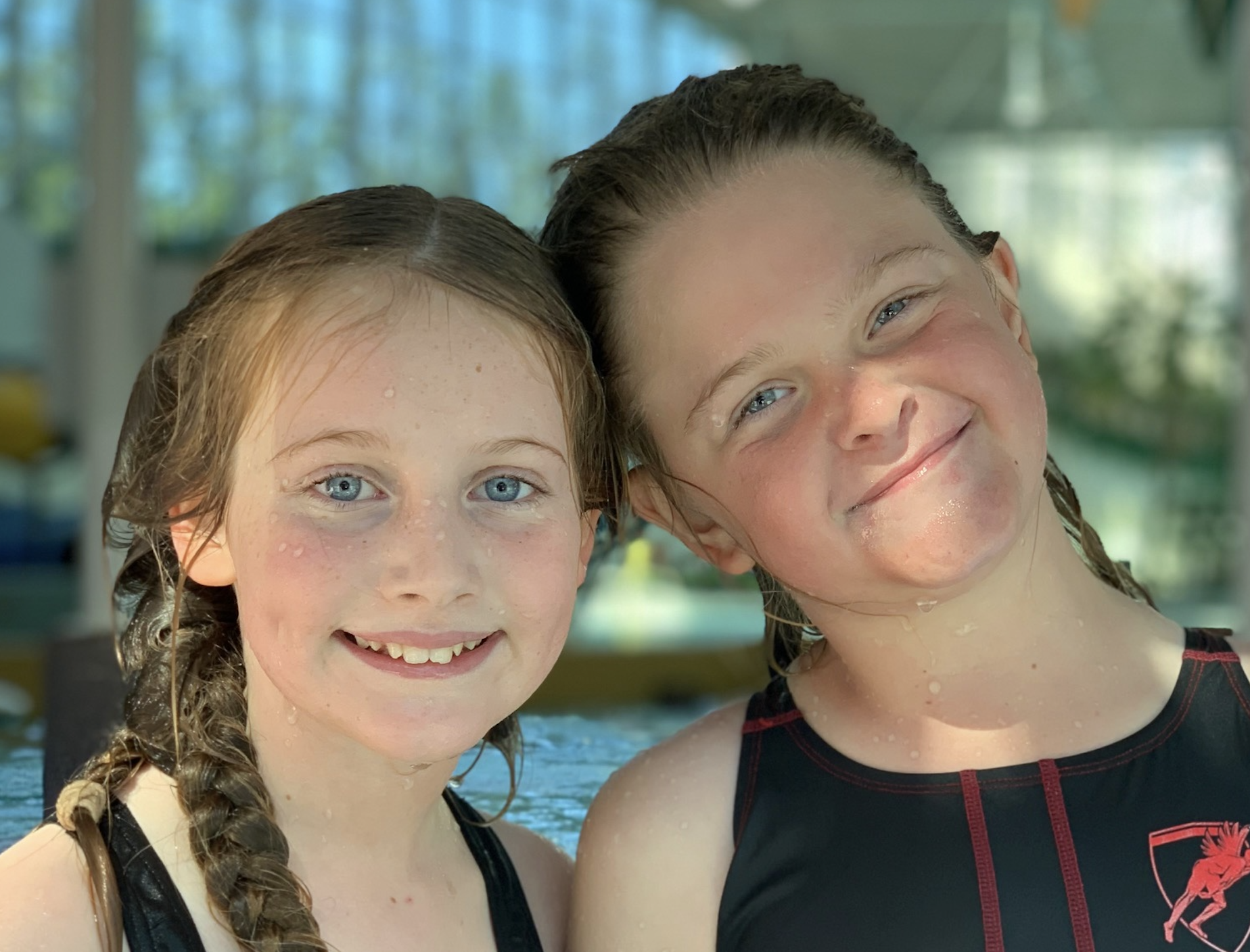Year 5 MPS student Skye Peterson has returned from state swimming titles in Sydney after competing in Freestyle and Backstroke, representing Riverina. Skye came 4 out of 11 in Backstroke and 11 out of 20 in Freestyle. Skye was excited about staying in the top floor of the hotel although her aunty who also went with her and her mother Suzy was not so keen on the 11th floor. Skye has been an active member of Harden Swimming Club for 3 years and she is also a talented runner and will be going on to the next level in cross country next term.
Skye is 11 and also enjoys cricket amongst other sports. She has a rare condition which she shares with just 100 other people in the world and also has Autism. Her dedication to her swimming has seen her improve in leaps and bounds.
MPS teacher Georgie Campbell has played a big role in Skye’s swimming. She said, “Skye is a keen swimmer, she has an amazing never give up attitude. She participated in as many events as she could. We were able to get her into the multi skill swim. She went to Riverina and competed and represented the Riverina zone. It meant that she was able to compete in two events at state last week. Her resilience and attitude is inspiring. I couldn’t be prouder and so are the other teachers and this is just the start of her sporting career. Her ability to face anything that comes her way with a smile means she will go very far. ”
World Autism awareness day was held last Friday on April 2 and marks the commencement of a month long campaign. The campaign is designed to inform people about the condition. Autism is a complex lifelong developmental disability which can cause differences in communication, interacting with others and experiences in everyday situations. Although incredibly variable, a person on the autism spectrum may demonstrate: • Strength in areas such as attention to detail, patience, technology skills, logic skills or they could have greater memory for particular information. • Strong passion for interests, and intense focus on particular objects and topics. • Challenges with back and forth conversations, and knowing when and how to join conversations. • Challenges with developing, maintaining and understanding relationships with other people. • Challenges with using and understanding non-verbal communication such as gestures and eye contact. • Challenges coping with change and unexpected events. • Repetitive behaviours. • Challenges tolerating certain sensations or fascinations with certain sensations such as sounds, textures and smells.

